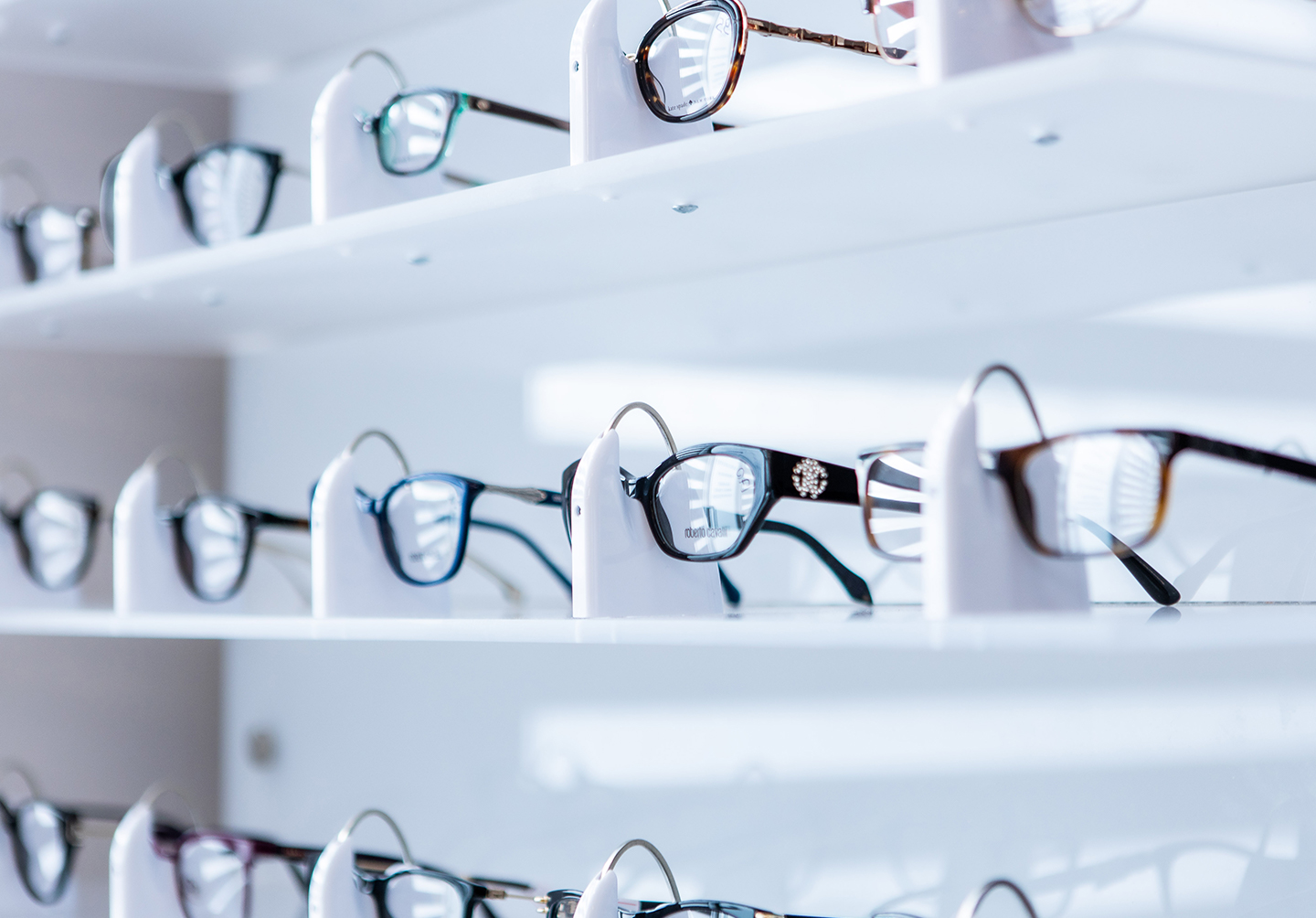
Cataract surgery is one of the most common and successful procedures performed today, significantly improving the quality of life for millions of people. If you're considering or have already undergone cataract surgery, you may wonder how the procedure affects your eye prescription. Will your vision stabilize, or will you need glasses? Here's what you need to know about how cataract surgery impacts your eye prescription.
Cataracts occur when the eye's natural lens becomes cloudy, leading to blurred vision, difficulty seeing at night, and sensitivity to light. Cataract surgery involves removing and replacing the cloudy lens with a clear, artificial intraocular lens (IOL). This artificial lens is designed to restore clear vision, and in many cases, it can also correct common refractive errors like nearsightedness, farsightedness, and astigmatism.
Immediate Effects on Your Prescription
Most patients notice a significant improvement in their vision after cataract surgery. However, it's important to understand that the procedure will likely change your eye prescription. The degree of change depends on several factors, including the type of IOL implanted, your pre-existing vision conditions, and your overall eye health.
Cataract surgery reduces or eliminates the need for glasses or contact lenses for many patients. This is particularly true if you opt for a premium IOL, such as a multifocal or toric lens, which can correct both distance and near vision. However, some patients may still need glasses for certain activities, such as reading or driving at night.
The Stabilization Period
Your vision may fluctuate during the first few weeks after surgery as your eyes heal and adjust to the new lens. This is a normal part of the recovery process, and following your eye surgeon's post-operative care instructions is essential to ensure the best possible outcome.
Your eye prescription will typically stabilize within one to three months after surgery. During this time, your eye care provider will monitor your vision and may prescribe temporary glasses to help you see more clearly as your eyes adjust. Once your vision has stabilized, your final prescription can be determined.
Long-Term Vision Changes
While cataract surgery can significantly improve your vision, it does not prevent other age-related eye conditions, such as macular degeneration or glaucoma, from developing. Additionally, some patients may experience a gradual decline in vision over time due to posterior capsule opacification (PCO), a condition where the back of the lens capsule becomes cloudy. PCO can be easily treated with a quick, painless laser procedure called YAG laser capsulotomy.
In most cases, the need for glasses or contact lenses after cataract surgery is significantly reduced, but it may not be eliminated. Your outcome will depend on your specific visual needs and the type of IOL you choose.
Cataract Surgery at New York Laser Vision
Cataract surgery can be life-changing, offering clearer vision and renewed freedom. While your eye prescription will likely change after surgery, the result is often a reduced dependence on corrective lenses. Discussing your options with your eye surgeon and understanding the potential outcomes can help you make informed decisions and achieve the best possible vision after cataract surgery. To learn more, contact our office today to schedule a consultation.

